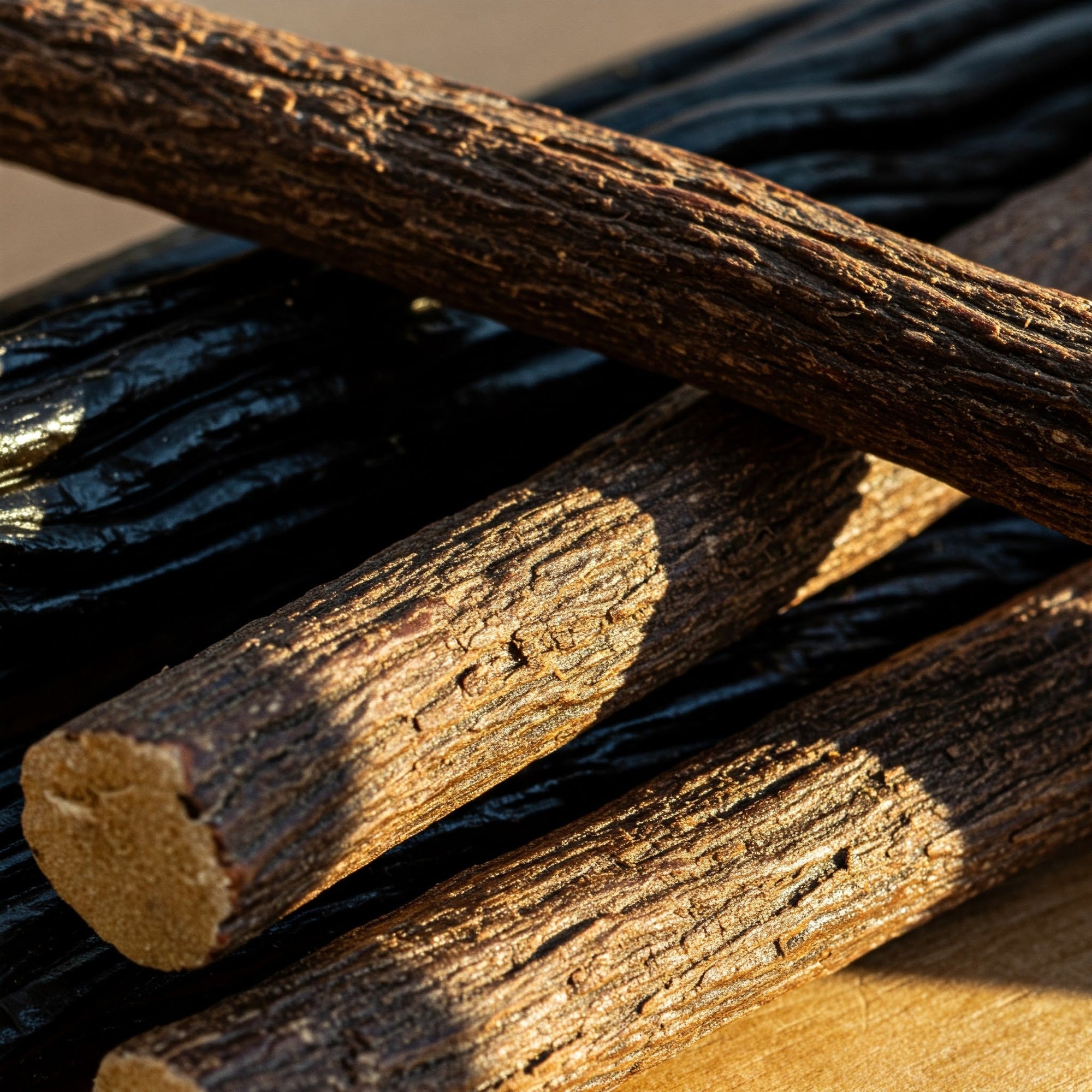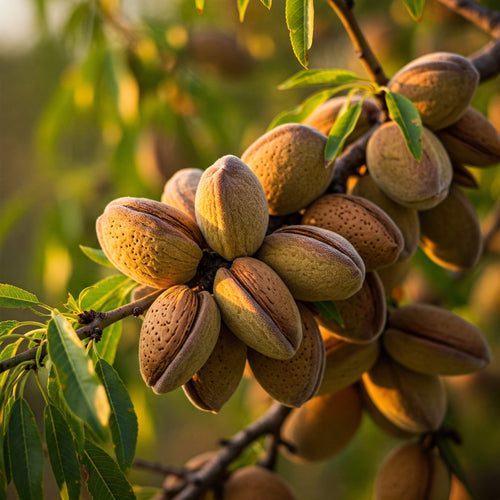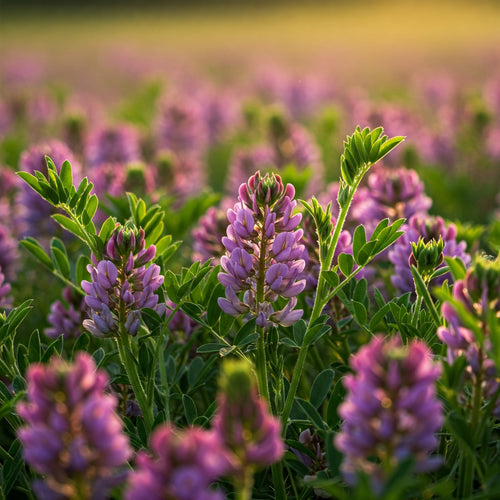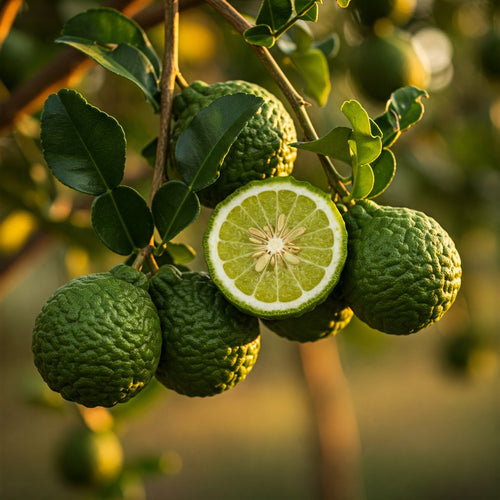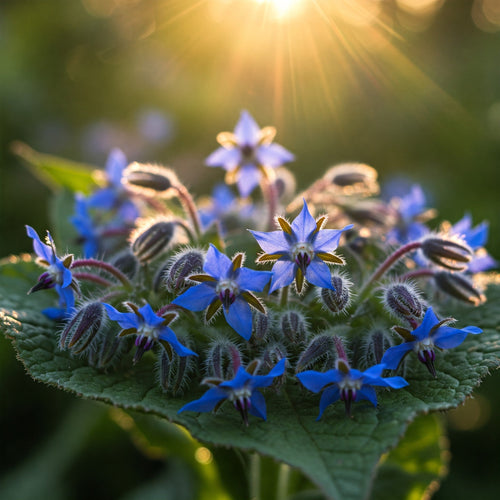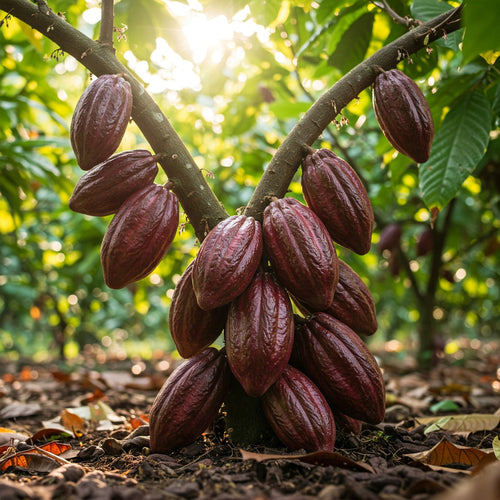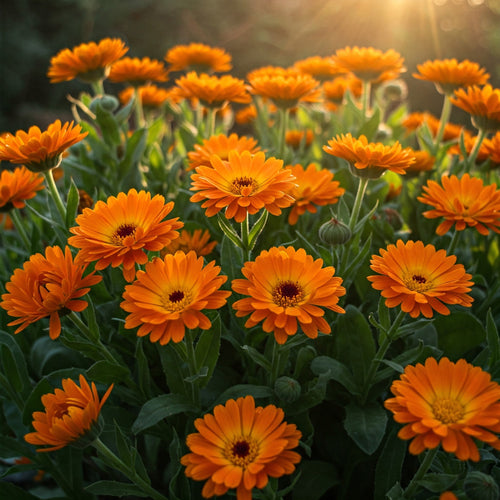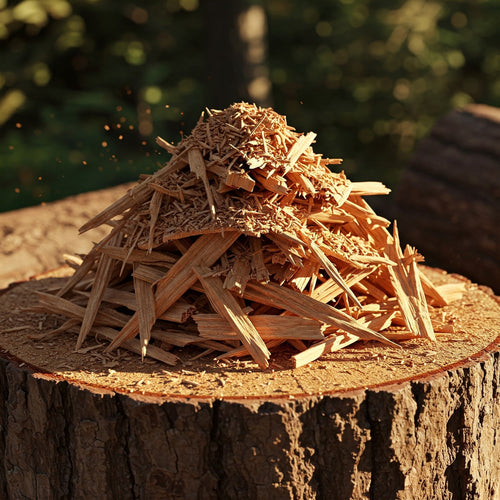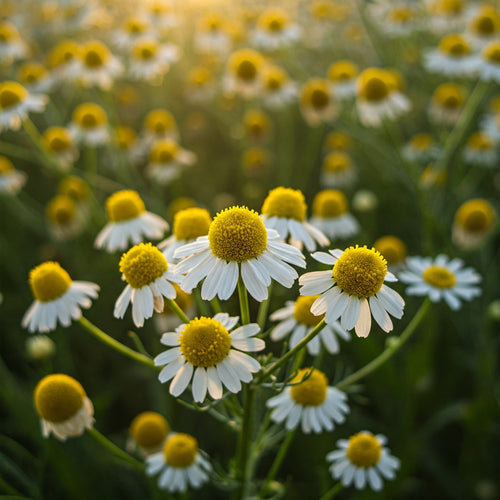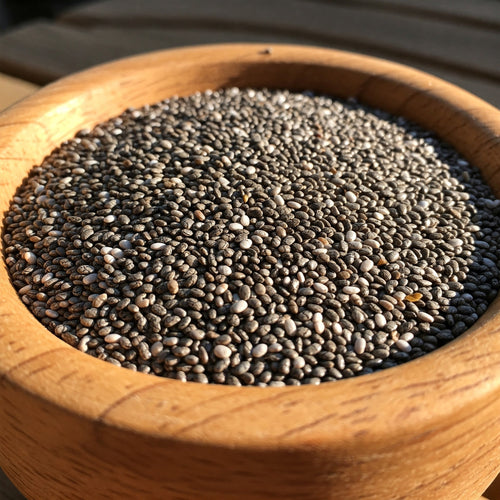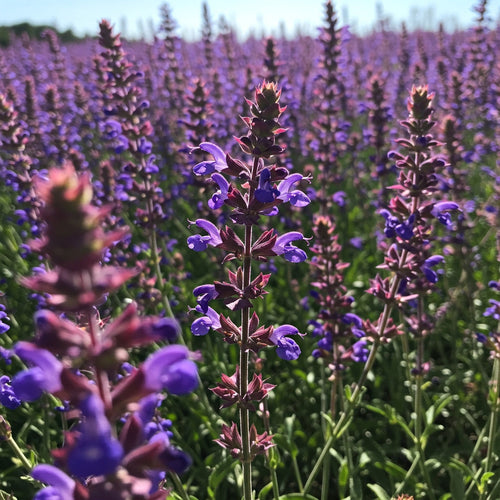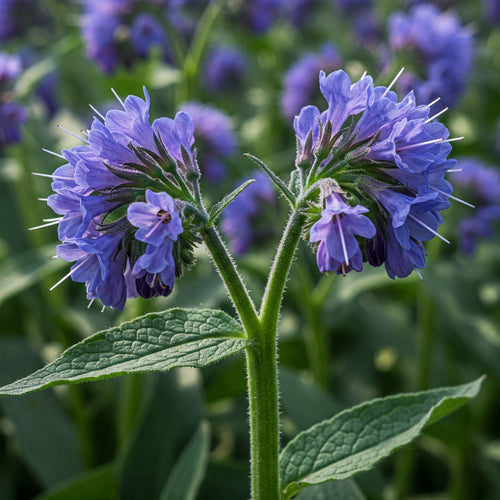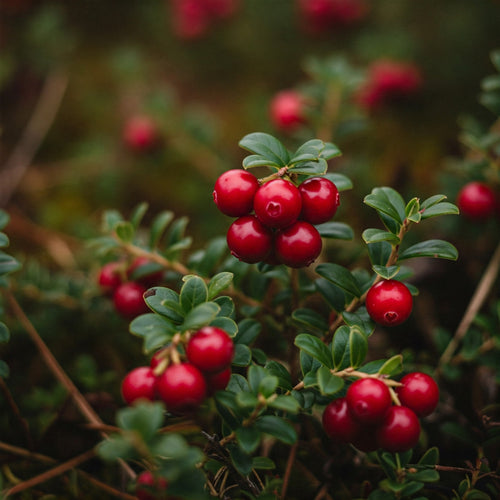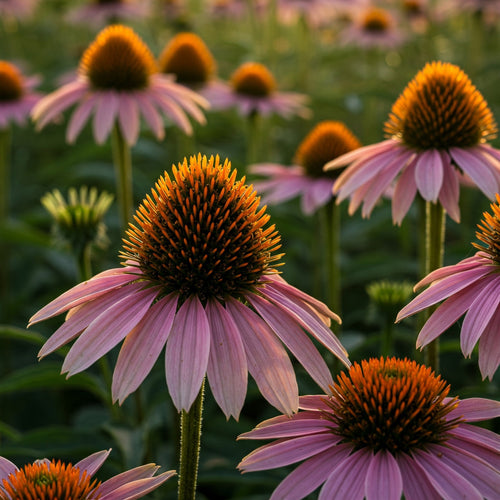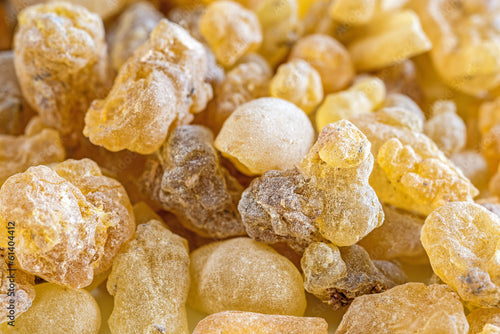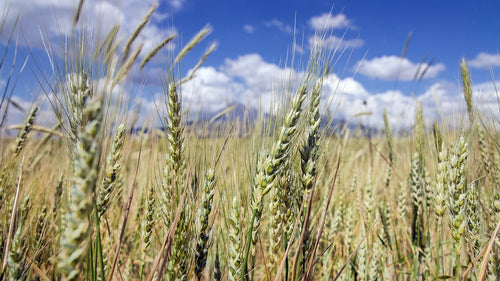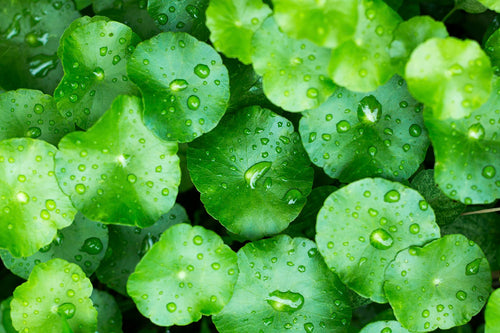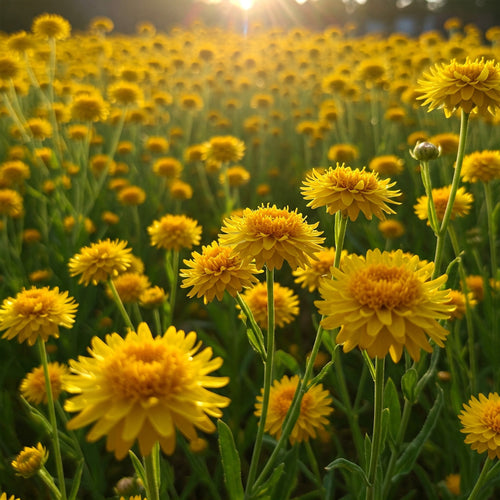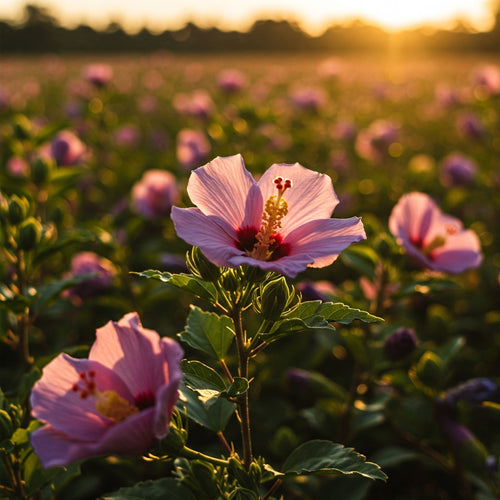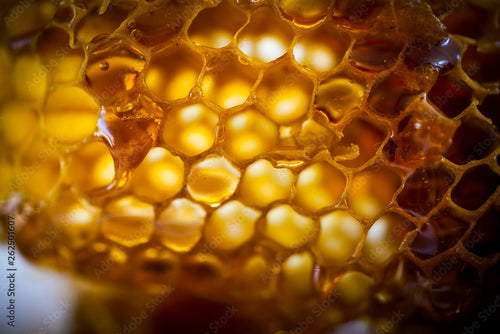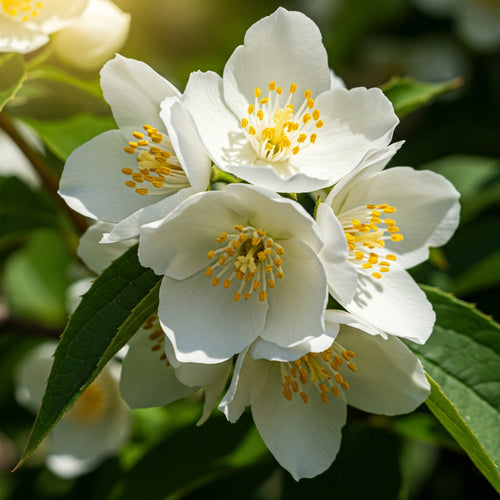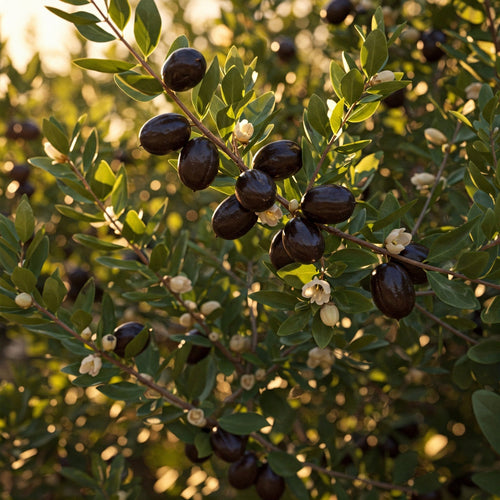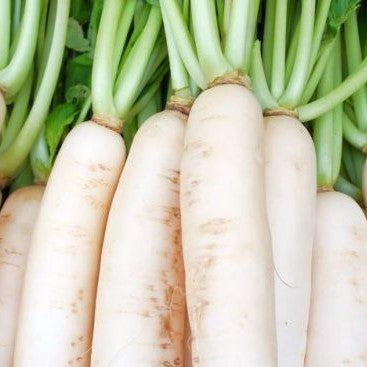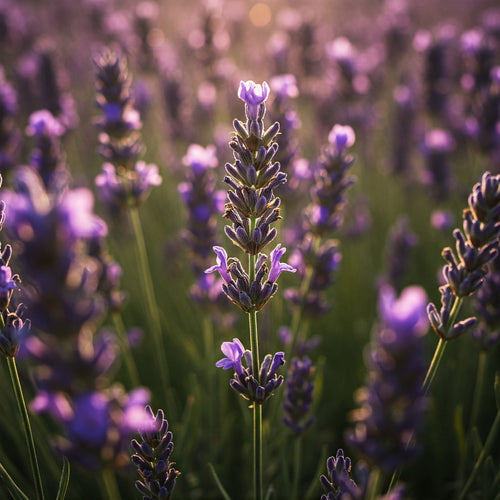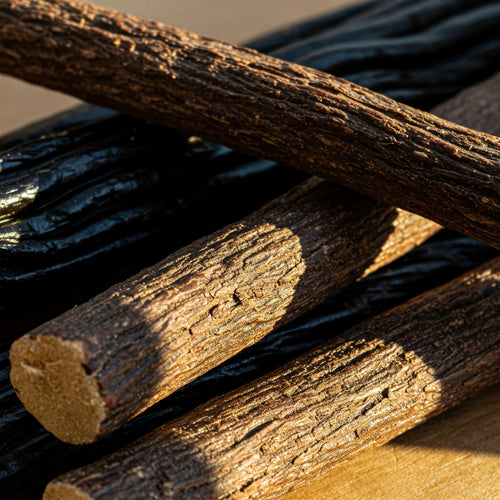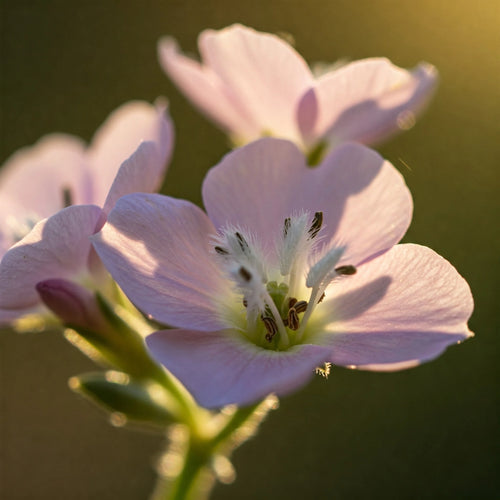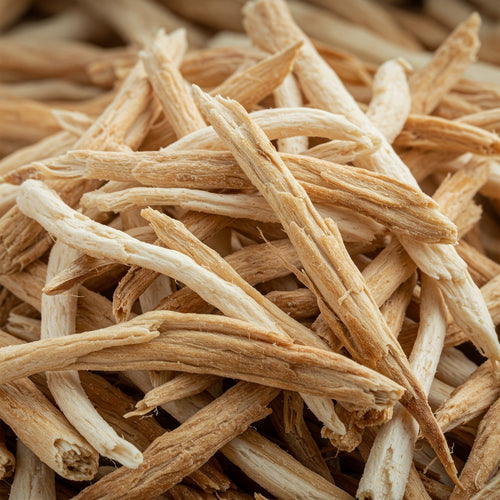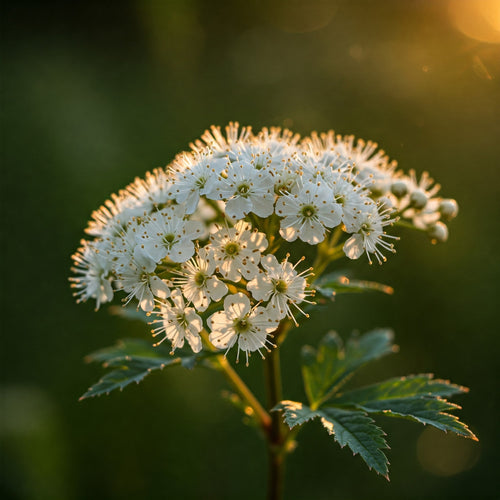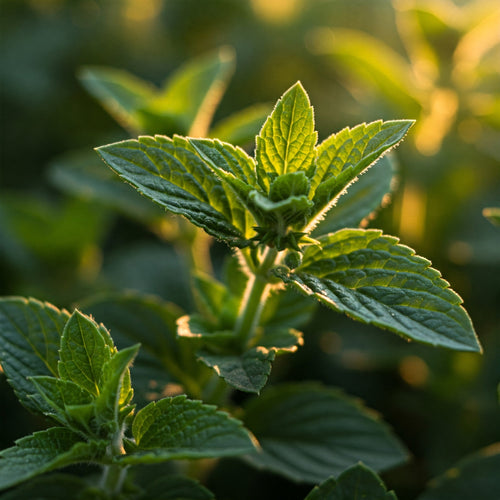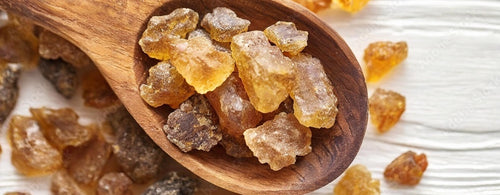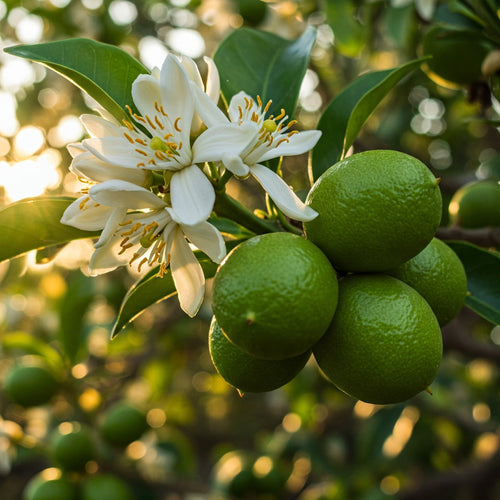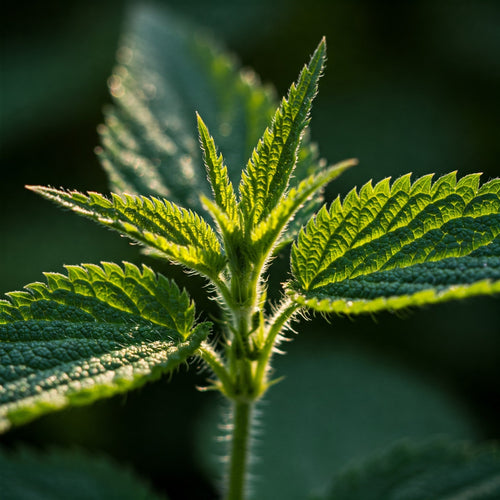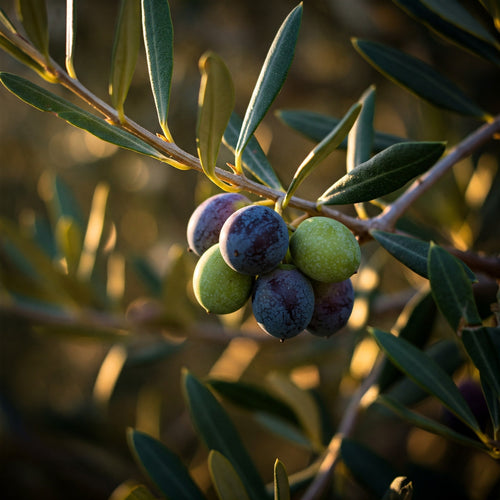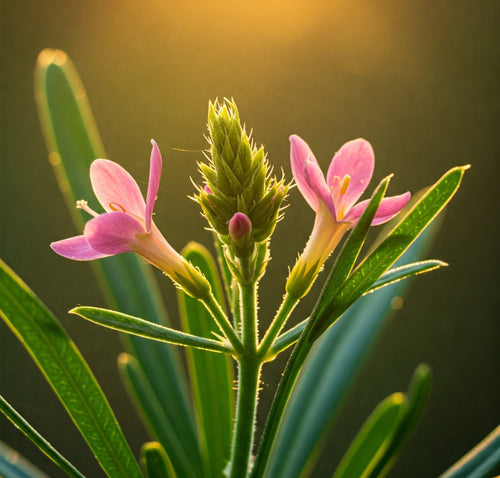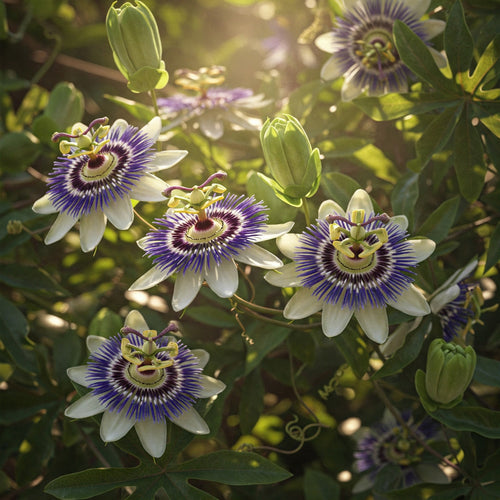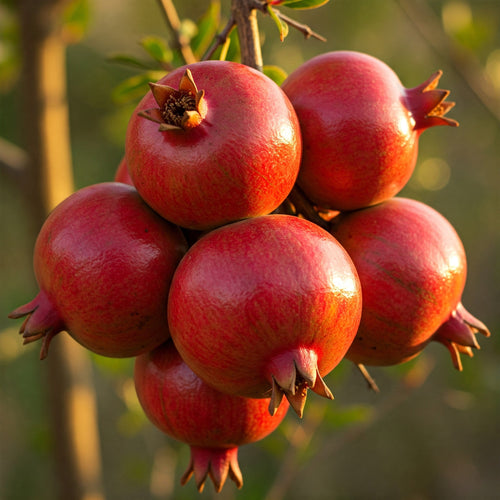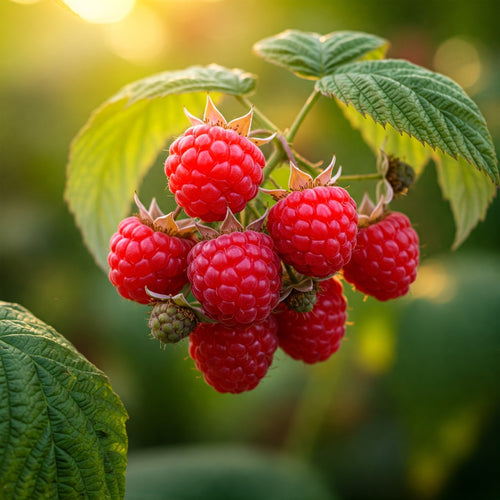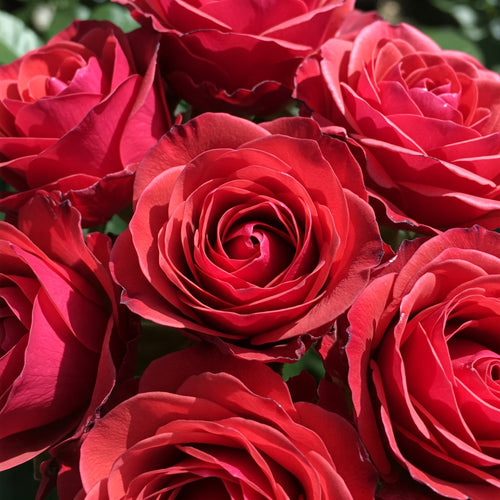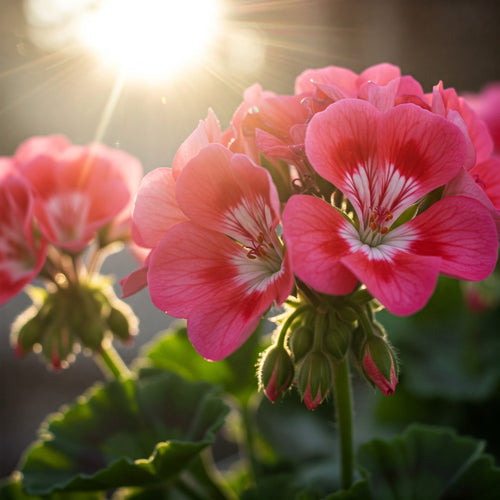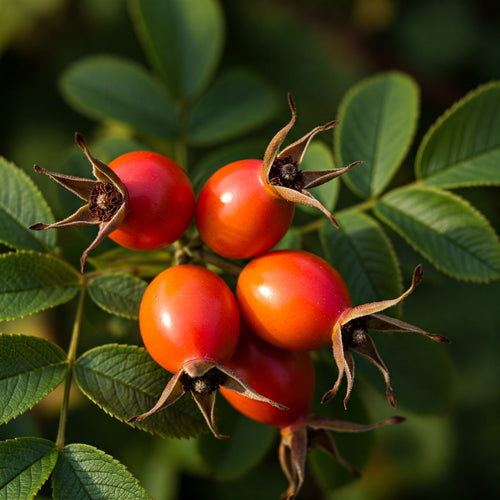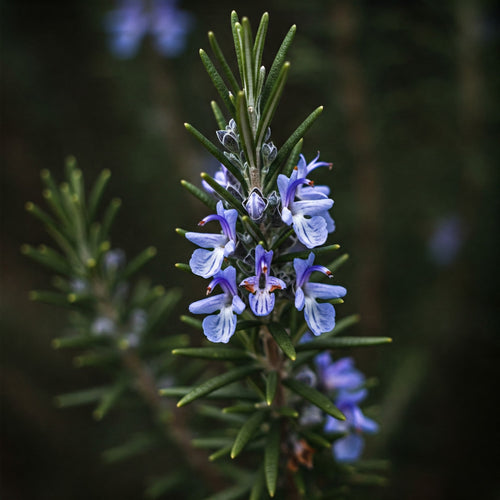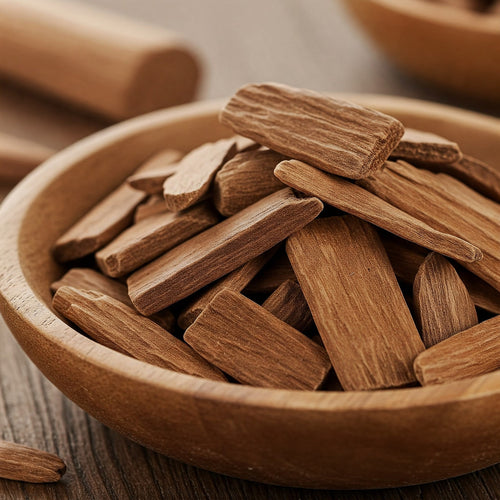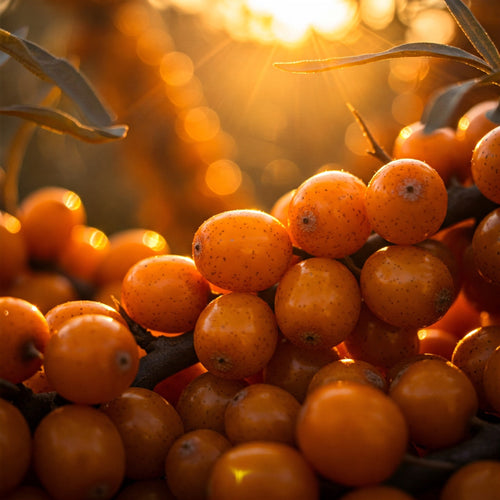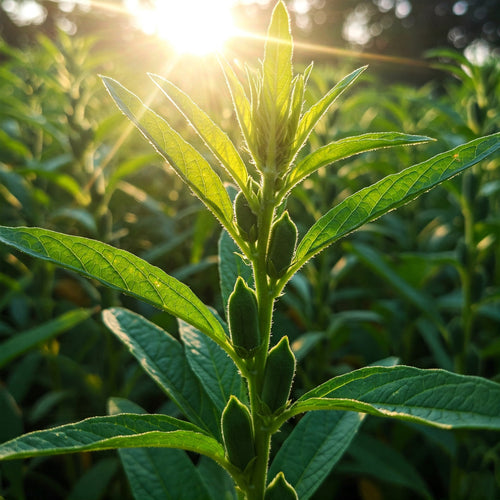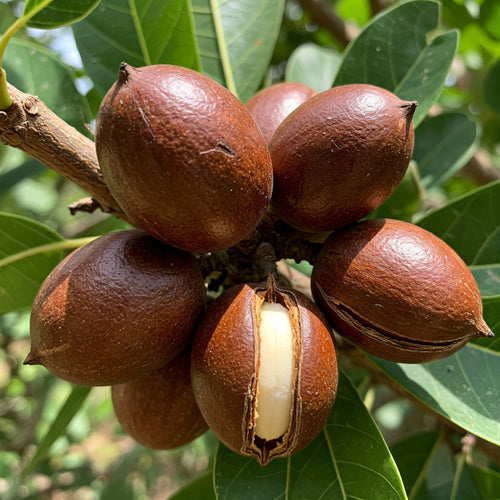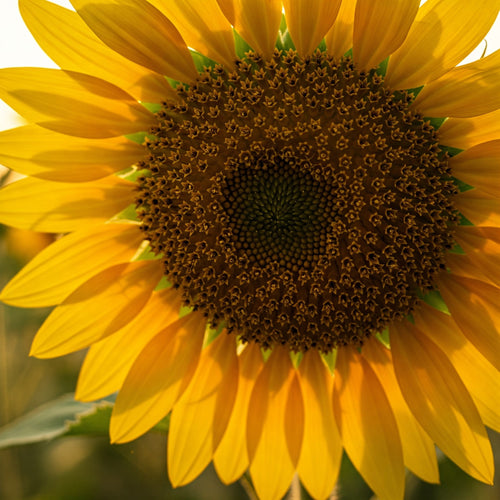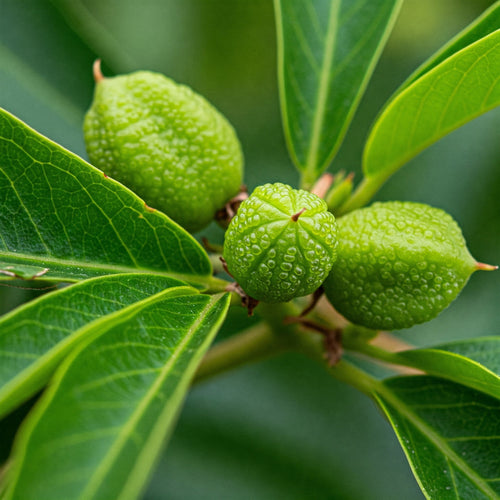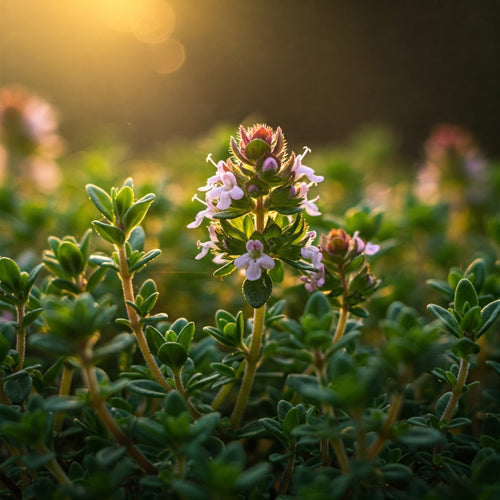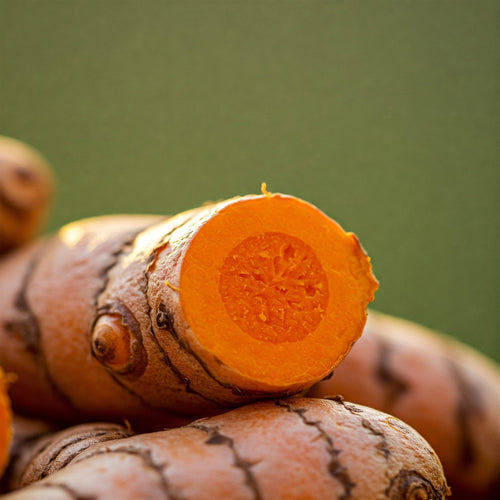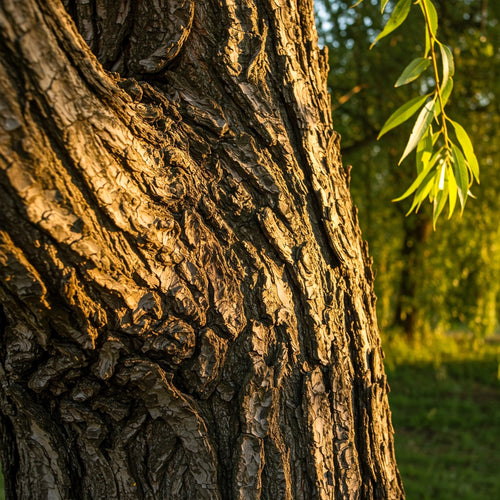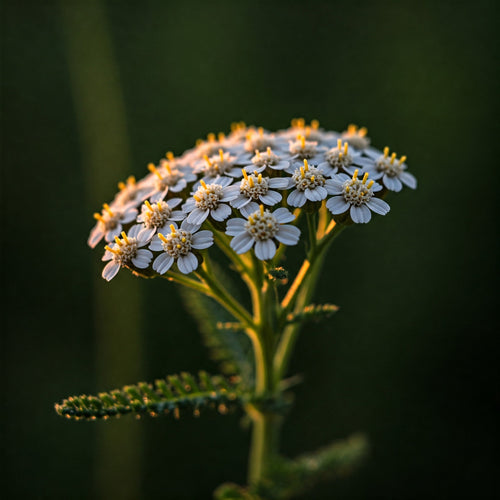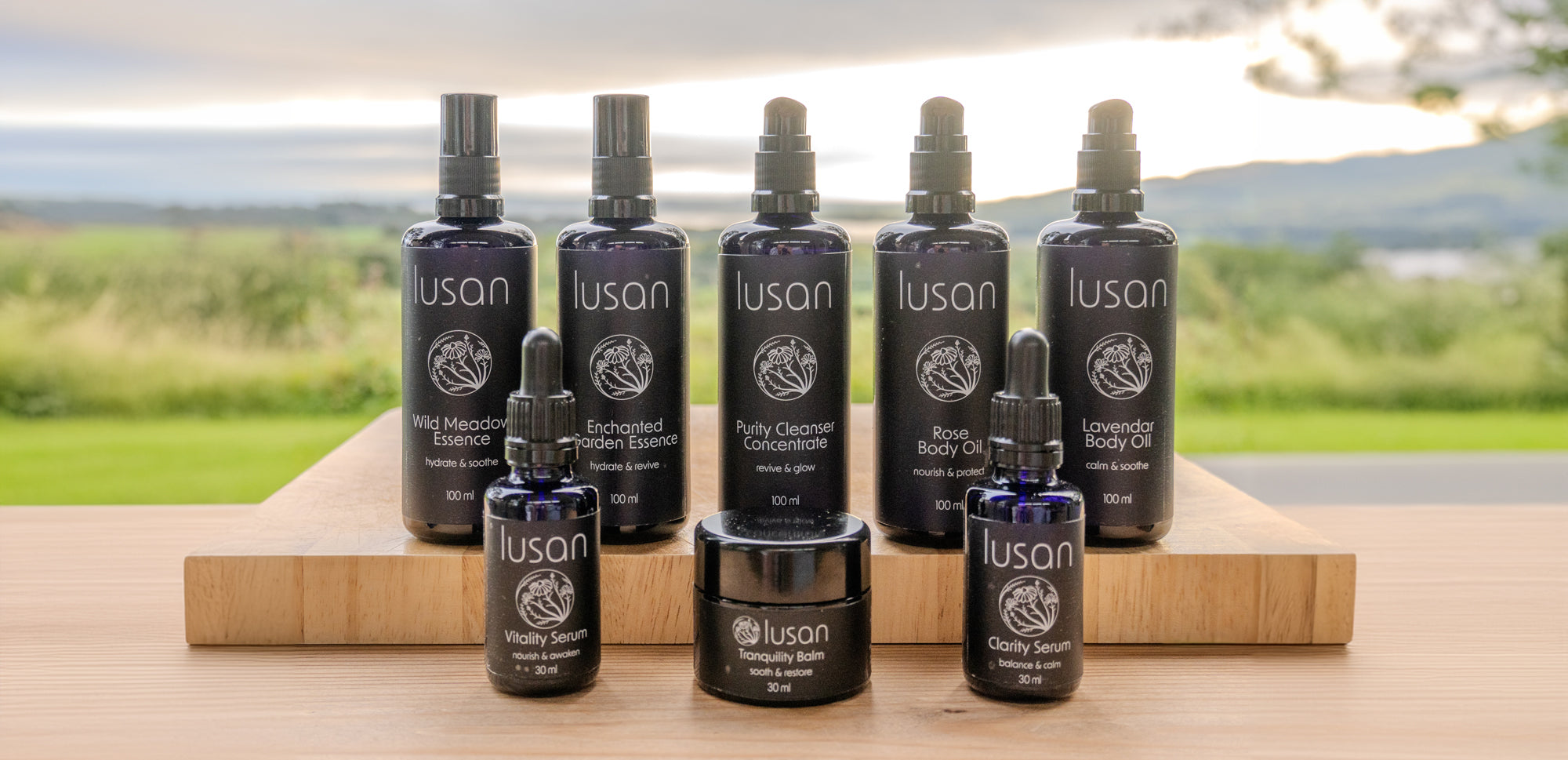Glycyrrhiza glabra
The liquorice plant is an herbaceous perennial, native to Western Asia, North Africa, and Southern Europe. The ancient Egyptians used it as a pharmaceutical, copious supplies were found in King Tut's tomb, hieroglyphics record the use of liquorice and manuscripts from 360 A.D. talk of liquorice helping eye ailments, skin diseases, coughs, and loss of hair.
The Latin name for Liquorice, Glycyrrhiza glabra, comes from its two most abundant phytochemical, glycyrrhizin and glabridin.
Glycyrrhizzin is a potent anti-inflammatory helping to reduce redness, irritation and swelling, and is used to treat skin conditions like atopic dermatitis, eczema, psoriasis, rosacea and acne.
Glabrridin has skin-lightening properties, it has long been researched for its ability to regulate melanin production. It can brighten the appearance of dark spots and discolouration by breaking up existing patches of melanin and helping them disperse, making it an ally for hyperpigmentation and scarring. It also contains UV blocking enzymes that help protect the skin from future sun damage.
Overall, topical application of liquorice can be beneficial for a variety of skin concerns:
Soothes skin: anti-inflammatory properties help to soothe and calm irritated skin. It is particularly effective in reducing redness and swelling associated with acne, rosacea, and other inflammatory skin conditions.
Calms inflammation: glycyrrhizin can reduce redness, irritation and swelling, and is used to treat skin conditions like atopic dermatitis and eczema.
Moisturises skin: Liquorice extract can help to hydrate and moisturise the skin, leaving it feeling soft and supple.
Support for ageing: rich in potent antioxidants that can help to protect the skin from free radical damage reducing and softening fine lines and wrinkles.
Liquorice can help the regeneration of our skin’s collagen and elastin supply, both of which are necessary to keep our skin elastic, smooth and soft. Liquorice helps to preserve hyaluronic acid, which has the ability to retain up to 1000 times its weight in water and keeps skin plump and bouncy.
Sun defence and protection from UV damage: containing the compound glabridin which has UV blocking enzymes that help prevent skin damage from occurring, protecting the skin from UV damage, including UVB-induced erythema (redness) and UVA-induced photoageing.
Brightening and treating dark spots: glabridin can help to reduce the appearance of dark spots and hyperpigmentation by inhibiting the enzyme that produces melanin. While melanin (our skin's natural sun protection chemical) formation is a complex process, the main enzyme responsible for discolouration is tyrosinase. Liquorice root extract is known to inhibit the secretion of tyrosinase, which helps to prevent dark spots from forming on the skin.
But liquorice root extract not only stops new dark spots in their tracks, but it can help fade existing ones. Liquorice root also contains a flavonoid with antioxidant properties that can protect the skin from premature discolouration, ageing, and environmental stress.
These same properties make liquorice excellent for reversing hyperpigmentation. It also helps to reduce melasma, which can happen due to sun exposure or hormonal changes during pregnancy.
Acne: due to its potent anti-inflammatory properties liquorice can help reduce inflammation, soothing and relieving redness and irritation. Liquorices ability to inhibit the production of melanin, responsible for pigmentation in the skin, can speed up the healing process and reduce hyperpigmentation associated with acne.
https://www.ncbi.nlm.nih.gov/pmc/articles/PMC6826613/
Our Liquorice root is certified Organic and FairWild Harvested in Spain.
